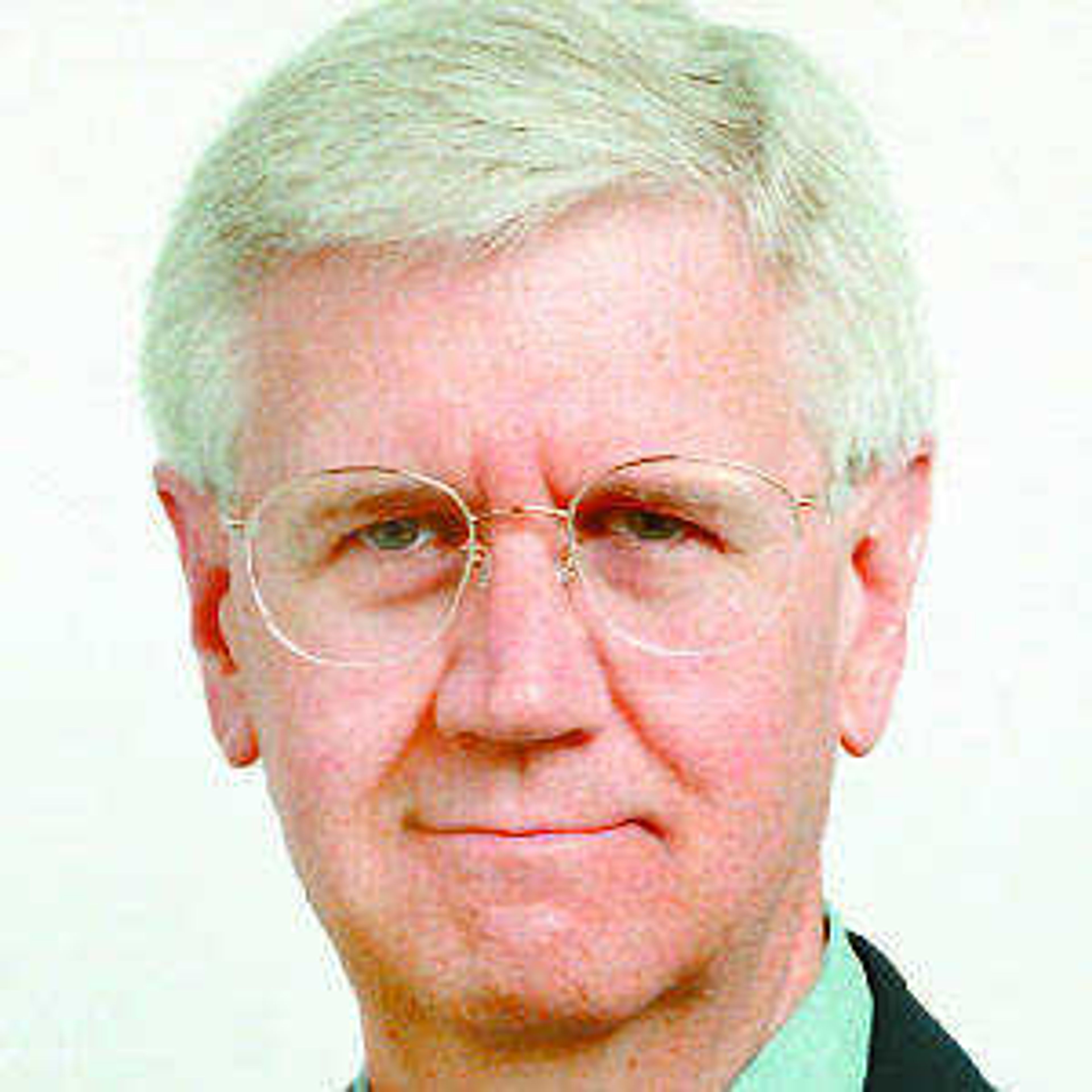The plain president
By R. Joe Sullivan My fellow Americans, our long national nightmare is over. Our Constitution works; our great Republic is a government of laws and not of men. Here the people rule. But there is a higher Power, by whatever name we honor Him, who ordains not only righteousness but love, not only justice but mercy....
By R. Joe Sullivan
My fellow Americans, our long national nightmare is over. Our Constitution works; our great Republic is a government of laws and not of men. Here the people rule. But there is a higher Power, by whatever name we honor Him, who ordains not only righteousness but love, not only justice but mercy.
A speechwriter wrote these words, which were delivered by President Ford shortly after President Nixon resigned. They are remarkably reassuring words, which is exactly what a broken nation needed to hear at a crucial point in its history. What makes these words all the more remarkable is that Ford's delivery of them was sincere and believable. If we accepted his pledge to rely on divine guidance too easily, it is because we had just endured a reign of diabolic mayhem.
The American presidency is stained with blemishes history reserves mostly for scholars and researchers of thick tomes in need of literary spice. Gerald Ford, in his brief and honorable presidency, restored our faith in the American experiment of constitutional authority and a nation of laws.
Those of us who experienced the overlapping years of the Vietnam War and Watergate -- could any two worse political contrivances have been wrought on a nation at the same time? -- remember the longing for a light -- any spark -- at the end of a shadowy tunnel. President Ford struck a match, igniting a national flame of purification.
Most of us old enough to remember President Kennedy's assassination can recall vivid details about where we were when we heard the news. We also remember the role television played in bringing this national tragedy into our living rooms. We remember the shock of seeing Jack Ruby shoot Lee Harvey Oswald during a live broadcast.
Some of us have the same memories about the Nixon resignation and President Ford's conversations with the nation, again making use of television as it had never been used before.
On the day President Nixon resigned, I was putting the finishing touches on that day's edition of the Nevada (Mo.) Daily Mail, an afternoon newspaper where the Associated Press' teletype machine clickety-clacked right behind my chair. Taking time for a break, I dashed across Austin Boulevard to the grocery story where I usually picked up a sandwich and soft drink to take back to my desk.
"Didja hear the news?" said the man at the checkout.
"Nixon resigned!"
I'll swear everyone in the store was doing a little jig.
My celebration was short-lived, however, as I had to run back to the office to finish the front page.
After that came the countless hours of keeping a close eye on the AP teletype at the office and watching network coverage -- there were no cable analysts in those days -- at home.
What I remember most, though, is how eloquently President Ford communicated to the nation, thanks to mostly nameless speechwriters who crafted their words mindful of their place in history, once uttered by the man in the Oval Office.
The ability to deliver those words in a way that was both reassuring and believable was the gift of a plain and simple man. Do not be misdirected by the many references to his "accidental" presidency or his tumbles down steps. President Gerald Ford asked for divine guidance, and he got it when it counted the most.
R. Joe Sullivan is the editor of the Southeast Missourian. E-mail: jsullivan@semissourian.com.<I>
Connect with the Southeast Missourian Newsroom:
For corrections to this story or other insights for the editor, click here. To submit a letter to the editor, click here. To learn about the Southeast Missourian’s AI Policy, click here.










